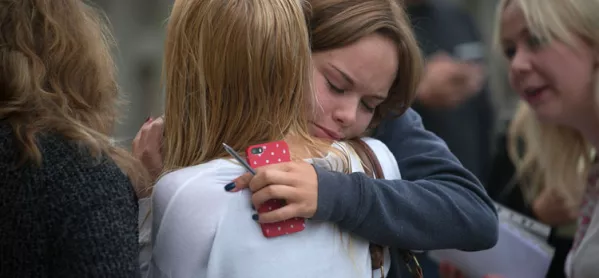What is an A grade at A-level worth? A sense of achievement, obviously. Validation for two years’ hard work. A place at university, perhaps. Increased options for the future.
More significantly, an A grade at A-level is worth £100.
As A-level candidates await results day tomorrow, a new survey shows that many are not simply waiting for a slip of paper with their grades on it.
In an effort to persuade their offspring to work harder, large numbers of parents have offered cash rewards for high grades. These range from a pocket-money-boosting £5 to £17,000, which ought to almost cover the cost of three years at university.
The average reward for an A* or A grade is £100. B or C grades, meanwhile, are worth an average of £50.
The survey of 500 A-level pupils, commissioned by Leeds Beckett University, also found that girls were offered an average of £132 more than boys.
In total, 21.4 per cent of parents offered their children money in exchange for academic success. Small numbers of pupils were promised a meal (5.8 per cent), a laptop (5.4 per cent) or a holiday (5 per cent). And 4 per cent of pupils will be able to celebrate their A-level grades by deciding that it might be a good night to leave their brand new car at home.
Paul Smith, deputy vice-chancellor of Leeds Beckett, said that it was important to recognise the limits of cash-for-grades bribes. “While parents will want to acknowledge the success of their children, it is important that incentives don’t detract from developing a real interest in the subject,” he said.
“The evidence is that incentives can undermine the intrinsic reason for wanting to study hard in the first place.”
In addition, bribery does not guarantee success. More than one in four teenagers - 28 per cent - told researchers that they were not confident about their results. Last year all but 16 per cent professed confidence.
The drop may perhaps be to do with the fact that 80 per cent of students this year admit to having been distracted by social media during their exam revision.




